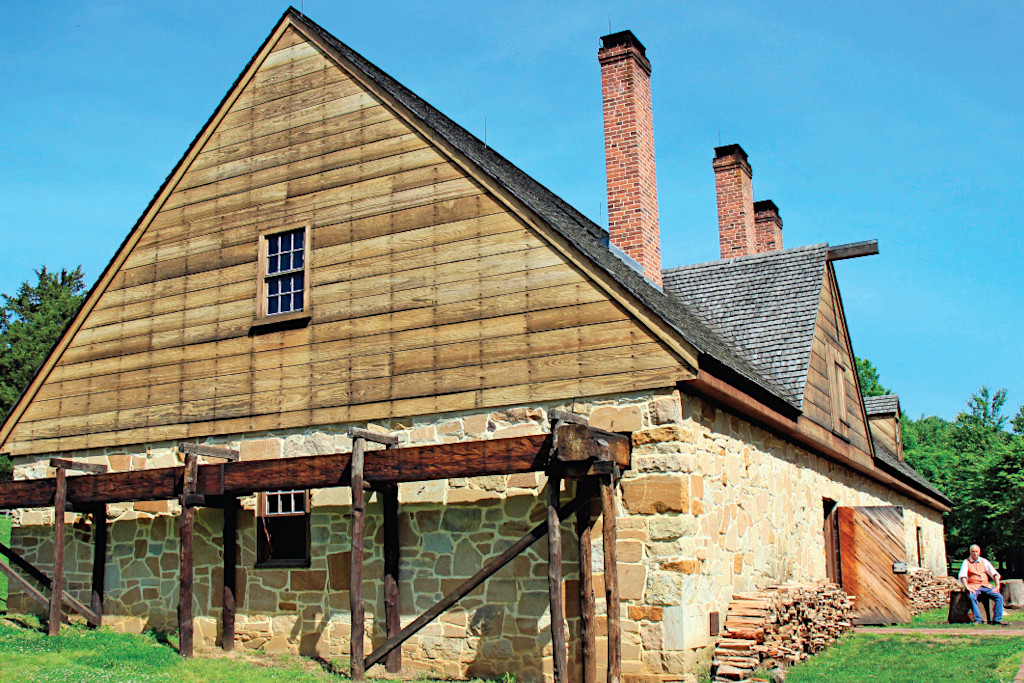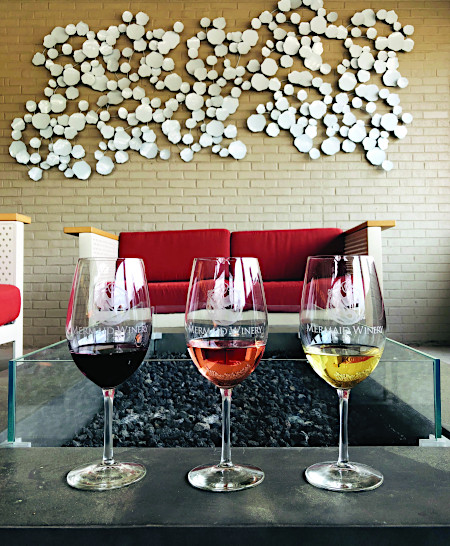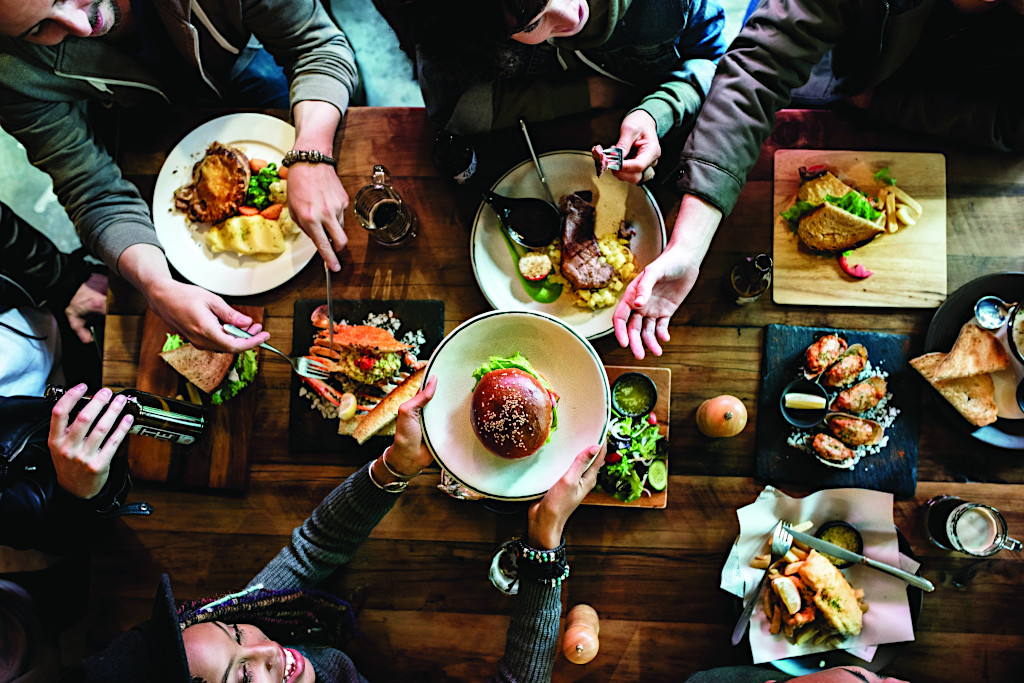Thomas Jefferson, a founding member in 1773 along with George Washington of the Virginia Wine Company, had tried fr uitlessly for decades at his Monticello estate. Some success came over a century later when the Monticello Wine Company was the only American wine winner at the 1878 and 1889 Paris Expositions.
It took until America’s bicentennial year of 1976 for Virginia’s true viticulatural revolution. That’s when Italy’s largest family-run wine company Casa Vinicola Zonin purchased Barboursville Vineyards (17655 Winery Road, Barboursville. Tel: 540-832-3824. bbvwine.com) near Charlottesville.
Virginia wine then was anything but fine. The Washington Post called it “barely drinkable.” Gianni Zonin, sixth-generation head of the business and questing for an American wine estate since the early 1960s, was undeterred. Working with fellow viticulturist Gabriele Rausse, Zonin engaged Cornell researcher Konstantin Frank, the father of New York’s Finger Lakes wine region, to find a solution.
The ingenious answer was grafting vinifera buds to rootstock from native vines, and in 1978, their hardy engineering produced Virginia’s first vinifera wine.
Since then, Virginia has become the nation’s fifth-largest wine producer, with nearly 300 wineries, ten growing regions, seven American Viticultural Areas (AVAs), and dozens of wine trails across the Commonwealth.

George Washington’s Distillery and Gristmill
Photo: Jeff Heilman
Much enhanced, too, is Virginia’s reputation, globally recognized for the diverse character, impressive quality and unique accents of its wines. Or as the Virginia Wine Marketing Office calls it, “Like perfect French spoken with a slight southern drawl.”
Alongside familiar grapes like Chardonnay, Merlot, and Pinot noir, some 24 varietals include Spain’s aromatic Albariño; Viognier from the Rhone Valley in France; and America’s oldest wine grape, Norton, first cultivated in Richmond with native American vines in the 1820s.
The Charlottesville region remains an epicenter of the industry, with Barboursville among some 30 wineries along the Monticello Wine Trail (monticellowinetrail.com).
Zonin’s discovery of Barboursville feels predestined. Designed by Thomas Jefferson for Virginia Governor James Barbour, the estate’s mansion opened in 1821, the same year that the Zonin family cultivated their first vines.
Today, the mansion’s ruins add to the property’s allure, which includes serving its signature Octagon vintage at the wedding of Prince William and Kate Middleton. The historic 1804 Inn is an overnight dream amid the vineyards, along with samplings in the Tuscan Tasting Room and Library 1821, and fine Italian dining at Palladio restaurant.
Other local notables include Gabriele Rausse’s eponymous winery (3247 Carters Mountain Rd., Charlottesville. Tel: 434-981-1677. gabrieleraussewinery.com). Acquired in 2011 by AOL founder Steve Case and his wife Jean, Early Mountain Vineyards (6109 Wolftown-Hood Road. Tel: 540-948-9005. earlymountain.com) has attracted national attention including the “#1 Tasting Room in America” in a 2016 USA Readers Poll; 2018 Wine Enthusiast nomination for Best American Winery; and 2019 “Hot Brand” recognition from Wine Business Monthly. Previously with the Inn at Little Washington, Executive Chef Tim Moore draws from the bounty of Central Virginia to create refined but accessible wine-friendly cuisine.

Mermaid Winery
Photo: Sarah Hauser for VTC
South of Charlottesville on the “Sunrise Side of the Blue Ridge,” picturesque Nelson County (nelsoncounty.com/red-white-brews) is an inviting destination for craft beer along the Brew Ridge Trail (brewridgetrail.com) along with wineries, distilleries and cideries.
Billed as “DC’s Wine Country,” Loudon County (visitloudoun.org/drink/wine-country), an hour west of the nation’s capital, invites discovery of some 40 high-quality producers dotting the area’s magnificent landscapes.
That is, if you can escape the five-star trappings, exceptional culinary and wine program included, of the 18-room Goodstone Inn and Restaurant (36205 Snake Hill Road, Middleburg. Tel: 540-687-3333. goodstone.com).
Set on 265 acres of rolling farmland just outside of historic Middleburg (1787), this former 1768 plantation is now an adults-only (no children under 14) country estate.
Tranquility is assured in the six historic guest cottages and 1930’s Manor House, while The Carriage House incorporates four suites along with the casual Bistro & Bar and fine-dining Conservatory restaurant.


